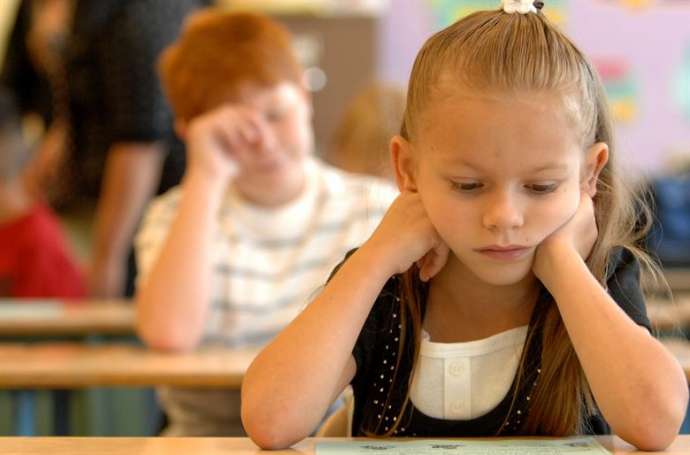STA, 10 July 2019 - The National Assembly passed on Wednesday the controversial government-sponsored changes to the law on the financing and organisation of education which alter the way in which the state funds private primary schools.
The bill was backed in a 42:36 vote despite criticism, also among some coalition parties, that it falls short of implementing a constitutional court decision on 100% state funding of publicly approved curricula at private primary schools.
It sets down the state fully financing publicly approved curricula at private primary schools, but any publicly approved curricular content considered above-standard (pre- and after-school classes etc) will be exempted from state funding.
Since both programmes are now funded 85%, the new legislation means the amount of public funds received by private primary schools will drop.
The bill has been strongly criticised by two centre-right opposition parties and by parents of the children going to half a dozen private primaries for not providing 100% funding as ordered by the court in December 2014.
It has also been criticised by the government and parliament's legal services, which warned it could be unconstitutional, noting it would worsen the legal position of private primary schools with parents paying more for their children's education.
But the new financing regime will not apply to those who are already in primary school. It will only start applying to those who start primary school in the 2020/2021 school year.
The changes were backed by four of the five coalition parties with the help of the opposition Left and both minority MPs.
The coalition Modern Centre Party (SMC) abstained, while the opposition Democrats (SDS), New Slovenia (NSi) and National Party (SNS) voted against.
Defending his bill after the vote, Education Minister Jernej Pikalo of the Social Democrats (SD) said parliament "draw a clear line between private and public education".
He said this concept had already been set down in the 1995 White Paper on Education, and had now only been confirmed in parliament.
"It is not about whether I'm happy or not. My key task is to try to improve the education system," he said, adding he was not worried about a constitutional review.
Stressing many laws are sent to the Constitutional Court, Pikalo said "this is a normal process in a democracy ... Every branch of power has its own tasks and does its part of the job".
As reflected by the vote, today's parliamentary debate brought no convergence of stances on the legislation.
The Left's Miha Kordiš, however, explained the party had decided to support the bill "because it does not improve the status of private schools".
The party believes that public money should be spent on public schools, and that the Constitution should be changed to draw a clear line between private and public.
Tomaž Lisec of the SDS accused the supporters of the bill of cutting the funds for private primary schools, thus causing discrimination "because of leftist ideology".
Gregor Perič of the SMC said "the bill is far from what we should do".
His party colleague Igor Zorčič added that "if the court said the 85% funding is too low for private schools, we cannot pass a bill which further cuts the funds".
Jožef Horvat of the NSi believes the rule of law is at stake in this case. "If the legislator was not able to change a simple article in four and a half years to implement the court decision, then we have a problem with the rule of law."
He noted that only 0.84% of primary school children go to private schools, so another EUR 300,000 spent on them would be no problem for the national budget.
Aljaž Kovačič of the Marjan Šarec Party (LMŠ) assessed the court decision was not that straightforward as some would like to think, but said the LMŠ trusted Pikalo that the bill implemented it.
Supporting the bill, Maša Kociper of the Alenka Bratušek Party (SAB) wondered whether it was reasonable that a mere "nine Constitutional Court judges decide on the most vital social issues".
Matej Tonin (NSi), on the other hand, reiterated his view that the court should first annul the new law and then implement its decision from 2014 itself.
Disappointment was also expressed by the parents of the children going to private schools.
They hope the bill will be vetoed by the upper chamber and then voted down when it is put to a revote in the lower chamber, where it will need at least 46 votes.
Marko Balažic of the United Parents civil initiative warned the bill would introduce elitism, as many parents could not afford to pay the school fee any more.
The school fee for the publicly approved curriculum will more than double, with the cost of the above-standard curriculum also rising, he said.
Balažic said that Prime Minister Marjan Šarec had sacrificed the rule of law for the survival of the ruling coalition.
All our stories on education in Slovenia are here






